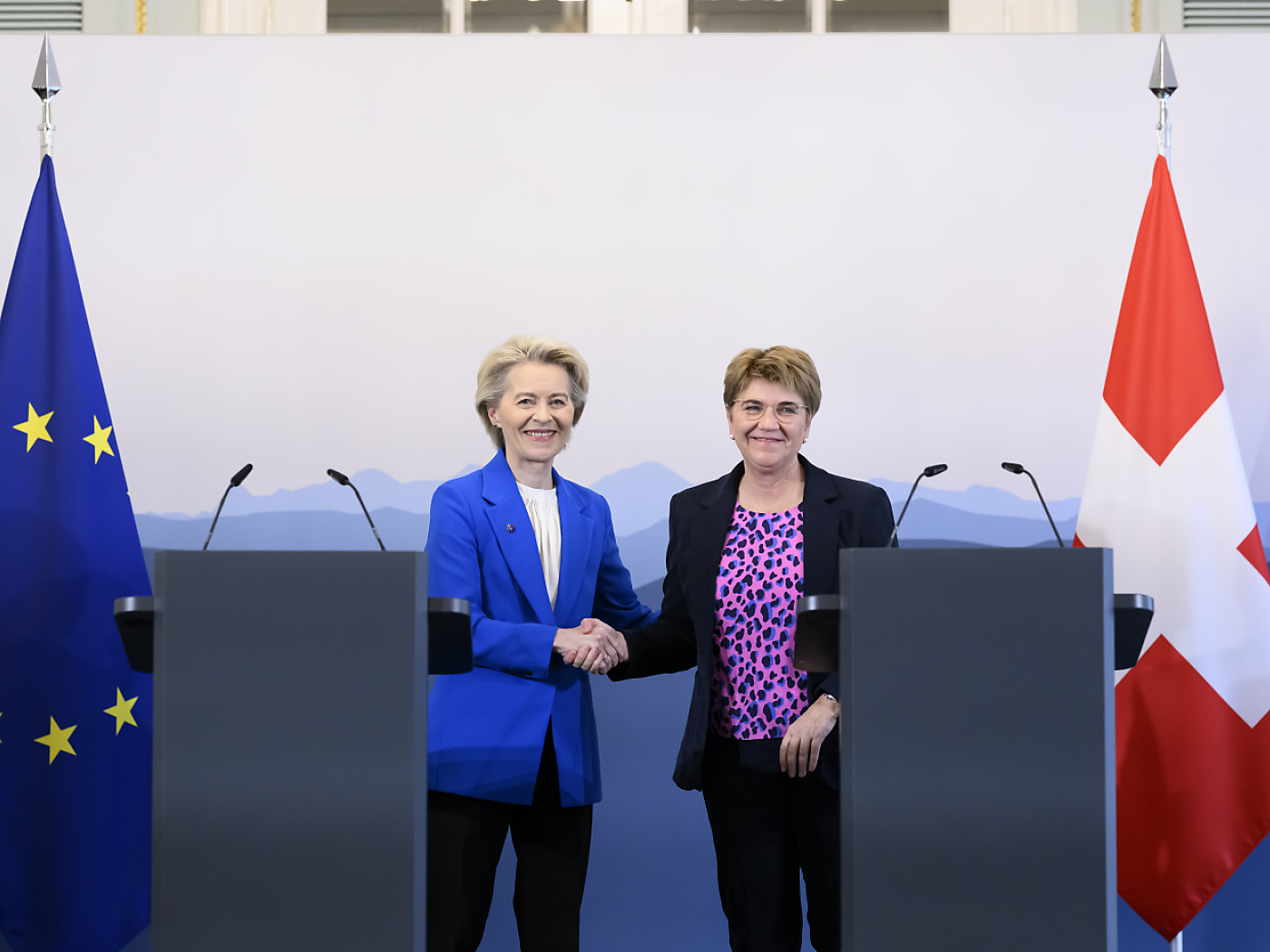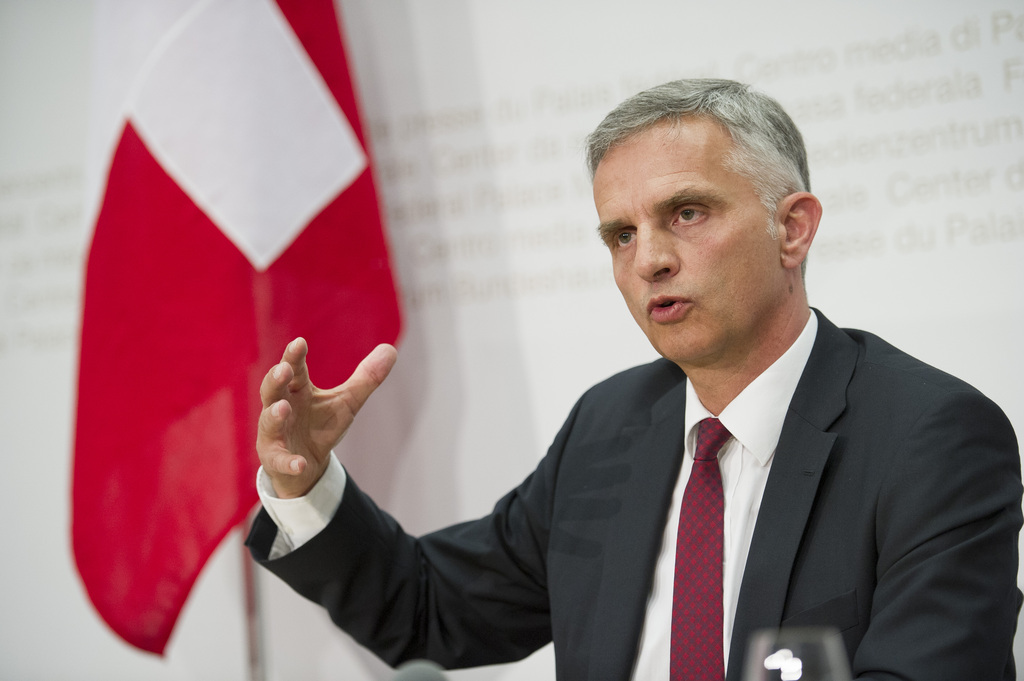Swiss snub US effort to sanction Russian billionaires

Russian officials sanctioned by the European Union will be barred from new business interests in Switzerland but billionaires included on the United States sanctions list face no restrictions, the Swiss government said on Wednesday.
Switzerland decided last week against imposing its own sanctions in response to the Ukraine crisis, but promised not to become a place to circumvent sanctions imposed elsewhere.
In a statement, the government fleshed out its plans to make sure people on the EU list – 33 politicians and security officials in Russian President Vladimir Putin’s circle – could not use Switzerland to bypass the EU rules, but did not mention those sanctioned by the US Treasury.
A spokeswoman for the State Secretariat for Economic Affairs (SECO) later confirmed that only the individuals on the EU sanctions list were affected by the Swiss measures.
The US and the EU have both imposed personal sanctions against Russian and Crimean officials involved in last month’s seizure of the Crimea peninsula from Ukraine.
Washington has also targeted a bank and several Russian billionaires, including Gennady Timchenko, whose sale of his shareholding in Geneva-based oil trader Gunvor narrowly averted collateral damage to the Swiss commodity trading sector.
Switzerland, a global commodity trading and private banking hub, is a popular destination for Russia’s wealthy elite and is reluctant to take steps it fears could compromise its cherished neutrality or damage closely nurtured trade ties with Moscow.
Pressure
Switzerland has already been under pressure for years over its secrecy laws, which helped make it the world’s biggest offshore financial centre but drew the ire of countries seeking to fight tax evasion – the US in particular, but also Germany and France.
In its statement, the government said financial intermediaries in Switzerland would be prohibited from entering into new business relationships with the 33 Russians and Crimeans on the EU’s sanctions list.
This means those named on the list will not be allowed to transfer assets to Switzerland that they hold outside of the EU, it said. Assets within the EU are already blocked by the EU sanctions.
Existing business relationships will not be subject to the ban but must be reported to SECO, including details of beneficiaries, purpose and value, so that the government can gain an overview of the relationships and assets the persons concerned have in Switzerland.
Depending on how the situation develops, the government left open the possibility of taking further action.
Russian assets in Swiss banks stood at nearly CHF13.8 billion ($15.6 billion) in 2012, with another CHF2.5 billion held by fiduciaries, according to the most recent data from the Swiss National Bank. This does not include private banking funds or other assets such as precious metals and real estate.

In compliance with the JTI standards
More: SWI swissinfo.ch certified by the Journalism Trust Initiative











You can find an overview of ongoing debates with our journalists here . Please join us!
If you want to start a conversation about a topic raised in this article or want to report factual errors, email us at english@swissinfo.ch.